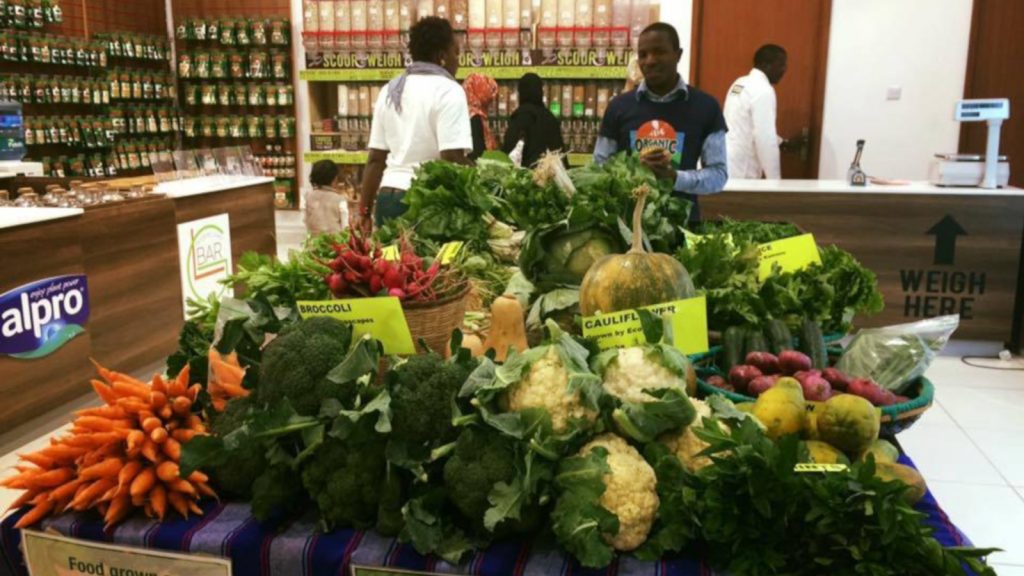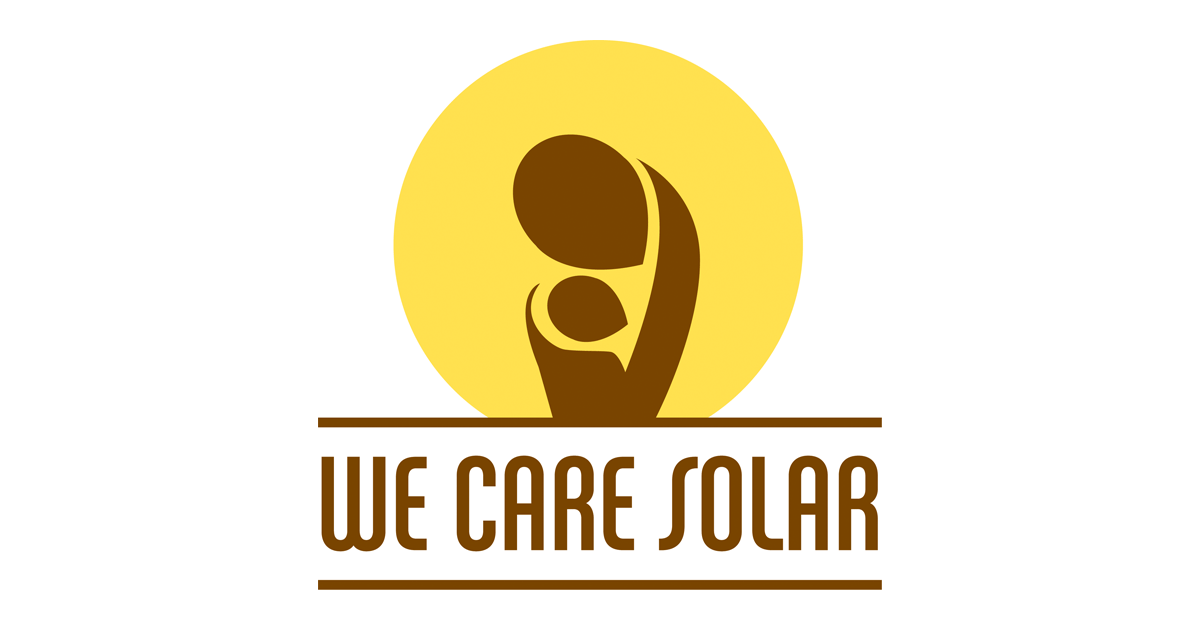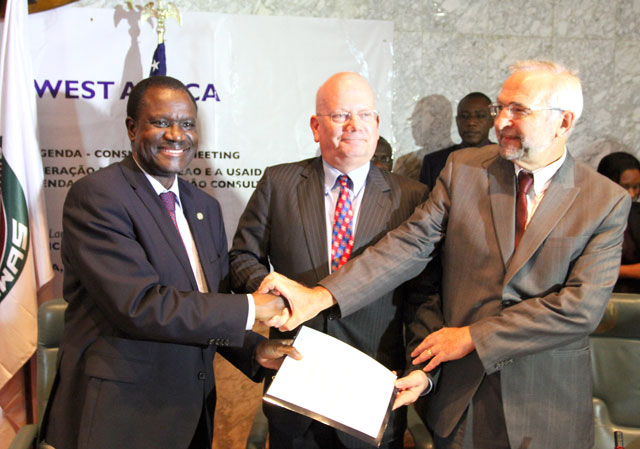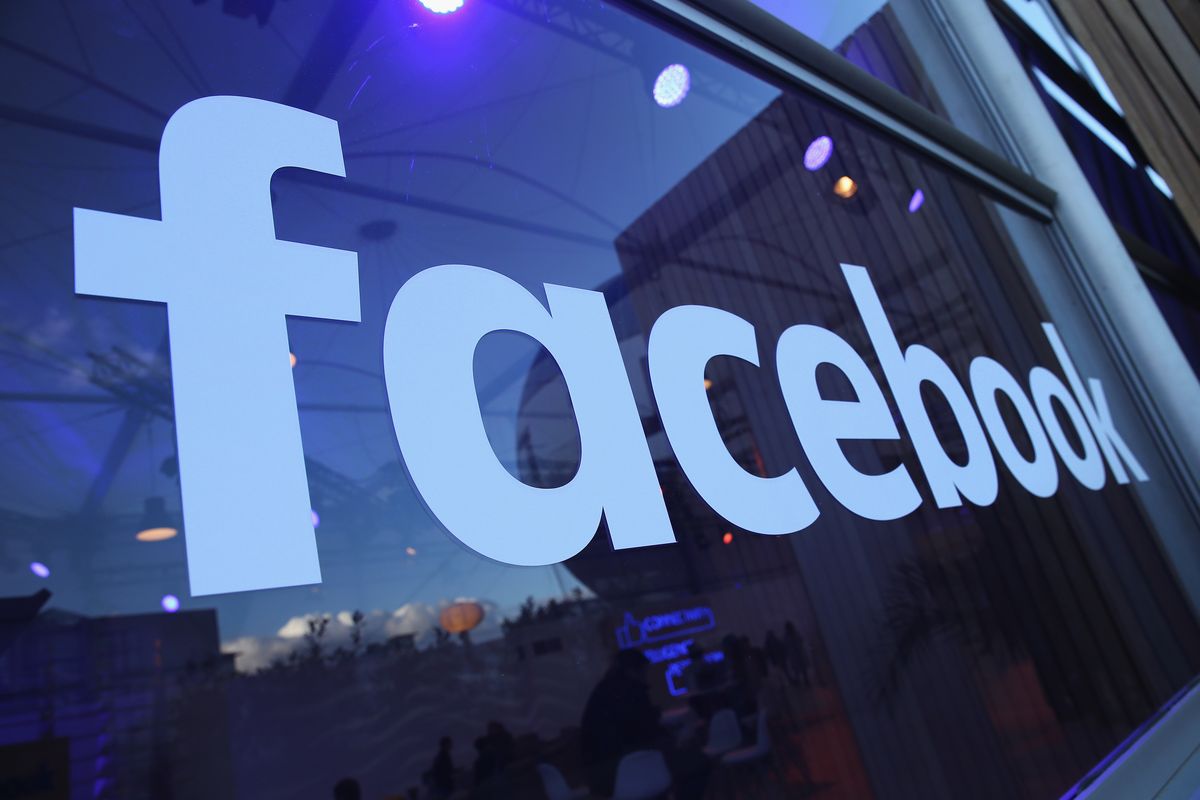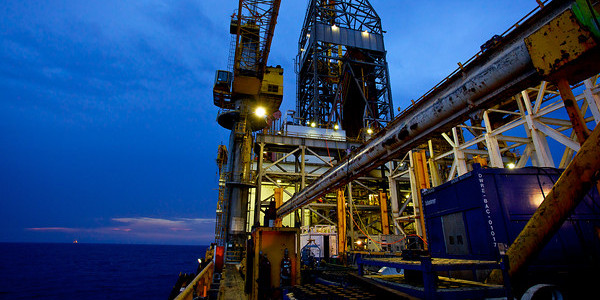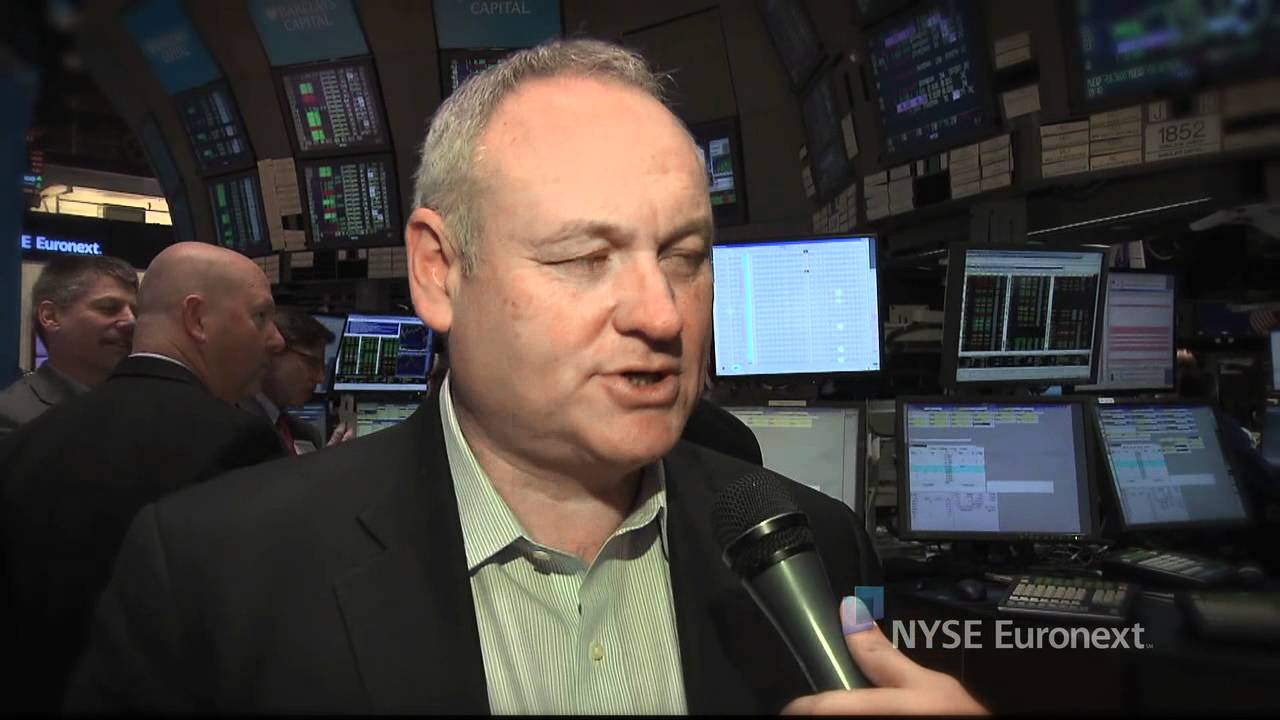Kenyan Agritech Startup Taimba Raises $100k To Scale Operations
Kenyan agritech startup Taimba has joined the league of African startup fundraisers. US impact investor Gray Matters Capital is committing $100 000 in the Nairobi-based B2B agritech startup to help it scale its operations.

Here Is The Deal
- The investment from Gray Matters Capital was made through its gender lens early-stage fund GMC coLabs.
- The startup explained that the markets it wants to take on in Nairobi are Umoja, Kayole, Pipeline/Imara Daima, Kawagware/Waiyaki way, Kahawa west/Githurai, and Southlands/Langata.
- Last year, Taimba was one of 15 startups selected to join the Make-IT accelerator.
- The startup also emerged the winner of the inaugural Disrupt Africa Live Pitch Competition which was held in Nairobi last year.
Taimba also won $10 000 at the 2018 Food+City Challenge Prize at SXSW. - The deal also marks GMC coLabs fourth investment in Africam with investment ticket sizes of up to $250 000. The impact investor’s other investees include Rwanda’s African Renewal Energy Distributor (ARED), Ghana’s Redbird Health Tech and Nigeria’s Sonocare.
- In addition, the investor has also supported two other start-ups from the continent — Kenya’s parent advisory turned e-commerce start-up MumsVillageand Sierra Leone based Mosabi as part of its global digital accelerator program — GMC Calibrator earlier this year.

A Look At Taimba
- Taimba is a mobile-based platform that connects rural small scale farmers to urban retailers, restaurants, hospitals, and schools in Nairobi.
- The startup was founded in 2017 by Dominique Kavuisya and Joan Kavuisya
- Taimba aims to remove middlemen, shrink the agricultural value chain, cut wastage and make products more affordable.
- Gray Matters Capital said the startup currently works with 2000 farmers as well as 15 farmer savings and credit co-operatives that sell products that include potatoes, tomatoes, cabbages, and carrots.
- Informal greengrocers make up the bulk of Taimba’s 310 customers at 85%, this while restaurants and cafes make up 10% of its customer list, with schools and hospitals located outside of Nairobi making up 5% of its clientele.
“The funding is a shot in the arm for us to strengthen our warehouse infrastructure by setting up cold storage facilities and also our delivery logistics so that we can cater to six new markets within Nairobi,” noted Taimba’s CEO Kavuisya.
- Outside of Nairobi, Taimba is planning to launch a pilot in Mombasa and Kisumu City by next year. In addition, the startup is also looking to produce new products that include fruits, nuts, and eggs as part of its farm product catalogue.
- The startup also has plans to replicate its model in Tanzania, Uganda, Ethiopia, and Rwanda over the next five years.
- GMC coLabs portfolio manager Jennifer Soltis said Taimba has built a solution that can be replicated in other markets in East Africa “with minimal tweaks”.
- The startup’s first deal which was signed last month marks Taimba’s first investment. The company currently employs a team of seven permanent staff and five part-time workers.
Charles Rapulu Udoh

Charles Rapulu Udoh is a Lagos-based Lawyer with special focus on Business Law, Intellectual Property Rights, Entertainment and Technology Law. He is also an award-winning writer. Working for notable organizations so far has exposed him to some of industry best practices in business, finance strategies, law, dispute resolution, and data analytics both in Nigeria and across the world.

